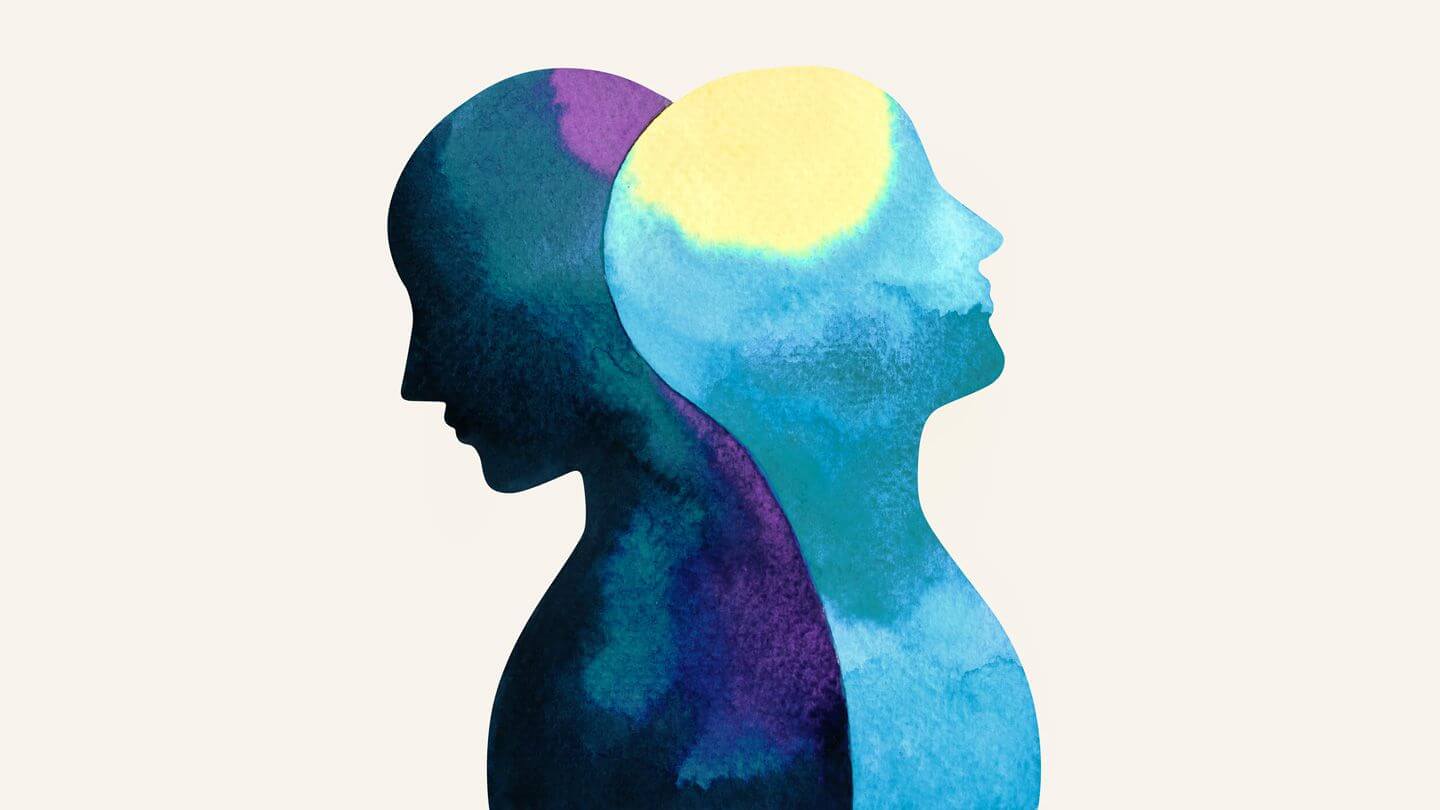Bipolar disorder is a mental health condition characterized by extreme mood swings, including periods of mania and depression. While there are various treatment options available for bipolar disorder, including medication and therapy, many individuals continue to struggle with symptoms despite these interventions. Recently, there has been growing interest in the potential of ketamine therapy as a treatment option for bipolar disorder. In this article, we’ll explore the science behind ketamine and bipolar disorder, including its potential benefits and limitations.
What is Ketamine Therapy?
Ketamine is a dissociative anesthetic that has been used for decades in surgical settings. However, in recent years, it has gained attention as a potential treatment option for various mental health conditions, including depression, anxiety, and PTSD. Ketamine therapy involves the administration of ketamine through an infusion or injection under the supervision of a healthcare provider in a controlled environment.
The Science Behind Ketamine and Bipolar Disorder
While the exact mechanisms by which ketamine exerts its therapeutic effects are not fully understood, it is thought to work by blocking the N-methyl-D-aspartate (NMDA) receptor, a type of glutamate receptor in the brain. Glutamate is an important neurotransmitter that is involved in learning, memory, and various other functions in the brain. By blocking the NMDA receptor, ketamine appears to promote the growth of new neural connections and increase the release of other neurotransmitters, including dopamine and serotonin, which are involved in mood regulation.
Research on Ketamine and Bipolar Disorder
While research on the use of ketamine for bipolar disorder is still in its early stages, there is growing evidence to suggest that it may be a promising treatment option for some individuals with this condition. In a 2016 study published in the Journal of Clinical Psychiatry, researchers found that individuals with bipolar depression who received a single ketamine infusion had significant reductions in depressive symptoms compared to those who received a placebo infusion.
In another study published in the Journal of Affective Disorders in 2017, researchers found that individuals with treatment-resistant bipolar depression who received ketamine infusions over a period of six weeks had significant improvements in depressive symptoms compared to those who received placebo infusions. These improvements were sustained for up to four weeks after the last ketamine infusion.
Benefits and Limitations of Ketamine Therapy for Bipolar Disorder
While ketamine therapy shows promise as a treatment option for bipolar disorder, there are both benefits and limitations to consider. One potential benefit of ketamine therapy is its rapid onset of action. Unlike traditional antidepressants, which can take weeks or even months to take effect, ketamine therapy may begin to produce results within hours or days. This rapid onset of action may be particularly beneficial for individuals experiencing severe depressive or manic episodes.
Additionally, ketamine therapy may be effective for individuals who have not responded well to other treatment options, including medication and therapy. However, it’s important to note that ketamine therapy is not a cure for bipolar disorder, and it may not work for everyone. Some individuals may require ongoing maintenance infusions to sustain the benefits of treatment, while others may not experience any benefits at all.
There are also potential side effects and risks associated with ketamine therapy. These can include dissociation, hallucinations, and changes in blood pressure and heart rate. However, when administered under the supervision of a healthcare provider in a controlled environment, these risks are generally low.
Conclusion
While ketamine is not yet a first-line treatment for bipolar disorder, its unique properties as a rapid-acting antidepressant make it a promising option for those who have not found relief with traditional treatments. The research is ongoing, and more studies are needed to determine the optimal dosing and long-term effects of ketamine for bipolar disorder. However, the evidence thus far suggests that it may be a valuable addition to the treatment options available for this complex condition.
If you or a loved one is struggling with bipolar disorder and are interested in exploring the potential benefits of ketamine therapy, it is important to speak with a qualified healthcare provider. They can assess your individual needs and help you determine if ketamine is a safe and appropriate option for your situation.
Overall, ketamine therapy offers hope for individuals living with bipolar disorder who have not responded to traditional treatments. While more research is needed to fully understand its potential benefits and risks, early studies suggest that it may be a valuable tool in the fight against this challenging condition.

